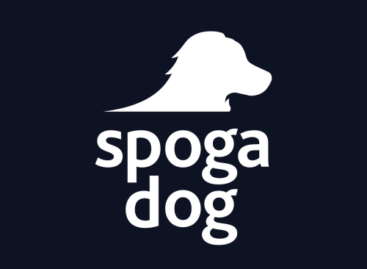Non-alcoholic beer is increasingly popular in Germany
Non-alcoholic beer has been growing in popularity in Germany. In 2023, around 556 million litres worth around 548 million euros were produced in the country. According to the Federal Statistical Office (Destatis), the production volume has more than doubled in the last ten years.

Destatis found that production has increased by 109 per cent over the past decade. While just under 267 million litres were produced in 2013, this figure had risen to around 556 million litres by 2023.
Despite the trend, significantly more alcoholic beer continues to be produced in Germany. In 2023, production volume accounted for around 7.2 billion litres, with a market value of ca. 6.4 billion euros. However, compared to 2013, when production was just under 8.4 billion litres, this represents a decrease of 14%.
In addition to beers with an alcohol content of no more than 0.5 per cent, the “non-alcoholic beer” category also includes non-alcoholic mixed beer drinks, such as “Radler”. Their production has also increased over the last ten years from just under 328 million litres in 2013 to around 363 million litres in 2023, which corresponds to an increase of 11 per cent. In a ten-year comparison, however, a significantly smaller increase is can be detected in the alcoholic segment than in the production of non-alcoholic beer.
Statistics include companies in the manufacturing sector with 20 or more employees.
Lebensmittelpraxis
Related news
ZEW: Economic expectations worsened in Germany and the euro area in February
🎧 Hallgasd a cikket: Lejátszás Szünet Folytatás Leállítás Nyelv: Auto…
Read more >New B2B trade fair format for dog supplies launches in Cologne
🎧 Hallgasd a cikket: Lejátszás Szünet Folytatás Leállítás Nyelv: Auto…
Read more >Related news
(HU) METRO Gasztro Fesztivál a SIRHA Budapesten – Élmény, inspiráció és valódi megoldások a HoReCa-szakmának
🎧 Hallgasd a cikket: Lejátszás Szünet Folytatás Leállítás Nyelv: Auto…
Read more >








